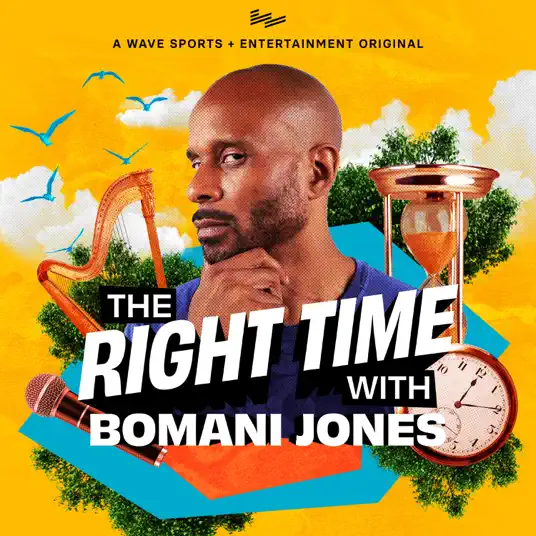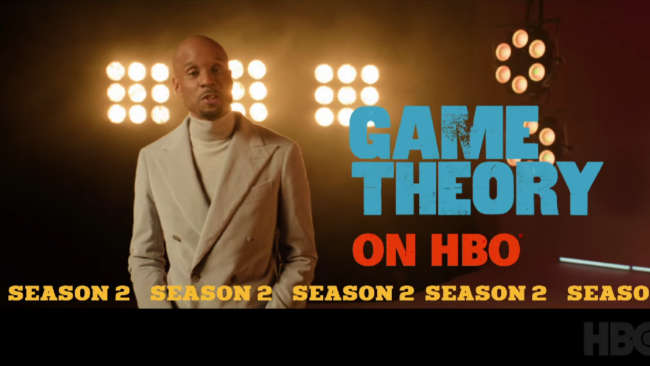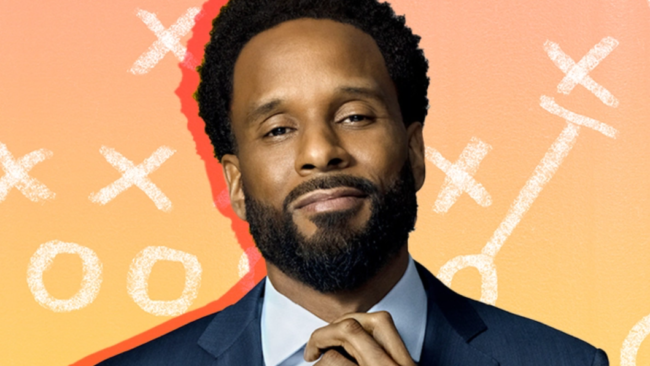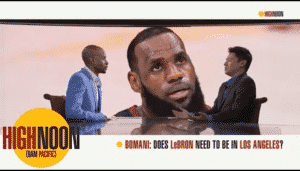Well, it’s been a helluva last few days. More details as I’m able to share them, but it’s been something.
First, here’s the highlight of the trip. Fred, Darrin and I were just walking down the street and saw this. If you can’t name that vehicle, just Google “Outback Cruiser.”
But I’ll get into that stuff later.
Spike Lee’s documentary on Katrina, “When the Levees Broke” aired last night. I wasn’t able to view it since I don’t have HBO, but I’m told it was really good. Jarrett’s got a good post on it.
If you’ve been reading this site for the last year, you know how Katrina hit me–like a ton of bricks. Alan Grant sent me an e-mail last year where he told me how exhausted he was from Katrina, and he lives in California. I was glad he sent that to me because I thought there was something wrong with me because of how burned out the storm had me. As a Louisianan once removed and a black man, the storm and its aftermath shook me to my core. It was the ultimate rebuke to those that somehow believed that racism was a fading phenomenon. Right there, we saw it live and in living color.
We saw institutional racism. We saw portraits of poverty that many think are reserved for the Third World. We even saw the role skin shade plays in economic outcomes.
As a result, we saw people reduced to behaving in primal fashions. We saw suffering children. We saw what must have been the most hellish American scene of the 21st century, The Superdome. And, unfortunately, we didn’t see nearly enough of the government.
Now, I’ve got to figure out if I’m prepared to see it all again. I’ll never forget the day a wardie friend of mine called me, speaking incoherently until he burst out crying. This was from a man that couldn’t even find it within him to admit when he was drunk. But he was in an airport crying uncontrollably while I sat on the line knowing there was absolutely nothing I could do or say to make him feel better.
One year later, I fear Katrina’s been largely forgotten. Last September, I was in Houston covering a charity basketball game that was organized to raise dough for storm victims. I was overcome by the outpouring of support I saw, heard on the radio, all of that. My city, the one I have a love/hate relationship with, made me proud.
A month later, that shit was over. A year later, Houstonians been ready for the wardies to go home. Been ready.
I know this post doesn’t make any sense. That’s largely because all the stuff surrounding Katrina didn’t make much sense. And it’s largely because I sincerely hate thinking about all of that. I don’t even want to go back into that time, when cats were getting killed over ice and places in line at the gas station. It was just so friggin’ dreadful.
But you better believe I’ll see this documentary, and I hope everyone else does. This cannot be forgotten. It should be treated with the same attention that 9/11 receives. Even without the element of attack, this was every bit as tragic and hit me a lot harder (I know no one that was hurt in 9/11 but know plenty of people who had to deal with hat storm). It was the Southern 9/11. The black 9/11.
It was fucked up, to be frank.
Later this week, I’ll do more on this. I’ve got work to do right now, and I can’t write anything else without being too messed up in the head to handle the rest of my work.
Bless those lost in the storm and bless those that miss ’em. And let’s make damn sure this don’t happen again.
5 thoughts on “When The Levees Broke and More”
Leave a Comment
You must be logged in to post a comment.





New Orleans is the only city I can think of where people could go and instantly feel a genuine sense of welcome. The difference between New Orleans and other cities which give you that feeling is NOLA felt like somewhere you had been waiting years to arrive.
It was like the Matrix’s Zion as it was truly the last place in the country where the culture was uniquely local and folks were free to be themselves. NOLA was truly a relic from a bygone era and the closest thing to the Wild West we had going.
I still have difficulty finding the words to explain my emotions regarding Katrina and its aftermath. Until I get it together and make the trip back, I doubt will be able to. Once I do, I doubt I’ll be able to turn off the tap in my head.
evan
New Orleans is the only city I can think of where people could go and instantly feel a genuine sense of welcome. The difference between New Orleans and other cities which give you that feeling is NOLA felt like somewhere you had been waiting years to arrive.
It was like the Matrix’s Zion as it was truly the last place in the country where the culture was uniquely local and folks were free to be themselves. NOLA was truly a relic from a bygone era and the closest thing to the Wild West we had going.
I still have difficulty finding the words to explain my emotions regarding Katrina and its aftermath. Until I get it together and make the trip back, I doubt will be able to. Once I do, I doubt I’ll be able to turn off the tap in my head.
evan
It’s a Little Difficult to imagine the big easy without its vibrancy, culture and overwhelming aura of ‘enjoy yourself.’ New Orleans was the place I got my first tattoo, staggered through a street drunk for the first time, and had fun with people I would never see again in life. Couldn’t call her my first love, but she certainly gave me my first hard-on.
She’ll be back. And so will I.
It’s a Little Difficult to imagine the big easy without its vibrancy, culture and overwhelming aura of ‘enjoy yourself.’ New Orleans was the place I got my first tattoo, staggered through a street drunk for the first time, and had fun with people I would never see again in life. Couldn’t call her my first love, but she certainly gave me my first hard-on.
She’ll be back. And so will I.
Nice shot of you with the Outback Wagon. Again, a place I remember going to with you in tow. And If I remember you and Chuy were talking about the sexy waittress (in French) and you sang a song about a gapped tooth woman.